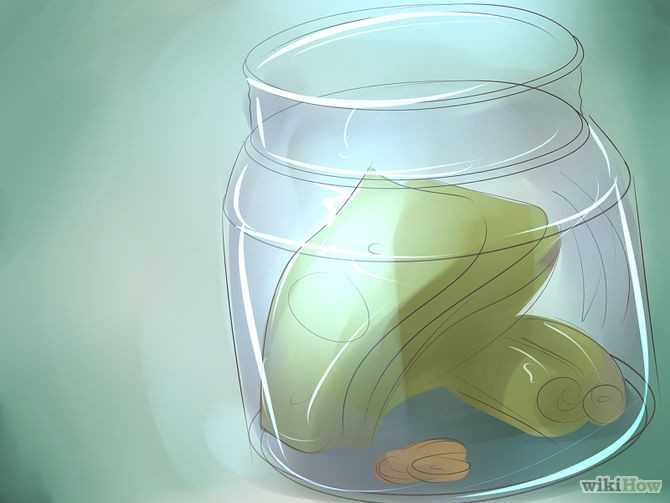Avoiding Capital Gains Tax When Selling Your Home
Post on: 15 Апрель, 2015 No Comment

Often, capital gains tax is associated with investments, but, if you sell real estate for a profit, you will need to pay capital gains tax on the money. Luckily, you might be able to avoid paying taxes on the sale of a primary residence, and you also have options for reducing the tax burden following the sale of investment real estate.
Plan to be in the house for at least two years. If you can live in a home for more than two years and sell the home for a $250,000 profit or less, you won’t owe anything to Uncle Sam, but you must pay taxes on anything above $250,000. If you are married, you can make $500,000 or less without paying taxes. The number of times you can take this exemption is unlimited, as long as you live in each house for at least two years, and members of the military do not have to meet the two-year requirement in case they must move.
What if you are moving into a vacation home after selling your primary residence? As long as you can prove that you lived in the home for two out of five years before you sell it, then you will not have to pay the capital gains tax for the first $250,000. You don’t even need to be there for two years in sequence. You could take off time in the middle of the two years to travel the world or help raise grandkids.
Don’t forget home improvements. When determining the profit you make after selling a home, add the cost of home improvements plus the purchase price, and then subtract that figure from the selling price. Adding in the cost of home improvements can reduce your profit and might bring you under the $250,000 magic number to avoid capital gains tax.
Carry over losses. If you took hits in the stock market this year, those losses can offset the gains you make from selling your home. You can deduct a maximum of $3,000 in capital losses for married couples filing jointly, or $1,500 if you are filing separately. Even if you didn’t sustain losses in the same year that you sell your home, you can carry over losses from the past year if those losses exceeded $3,000.

Arrange a 1031 exchange. With a 1031 exchange, you can sell an investment property at a profit and avoid paying taxes if you close on a new investment property that is the same price or higher within 180 days. This exchange does not apply to primary residences.
When surveying your options, always consult an accountant or tax advisor. Every situation is different, especially if you rented a home and made it your primary residence, or vice versa, and a professional can help you find solutions that best suit your needs.
Similar Questions on Ask.com














